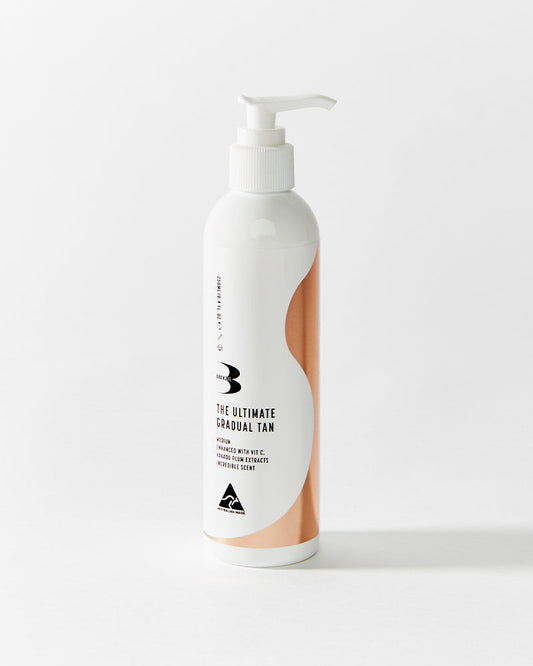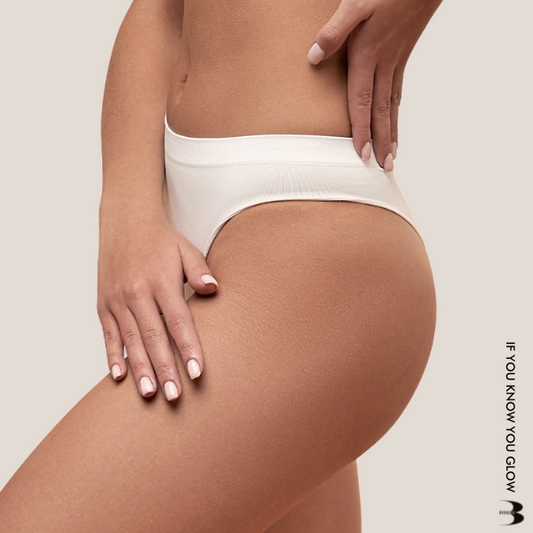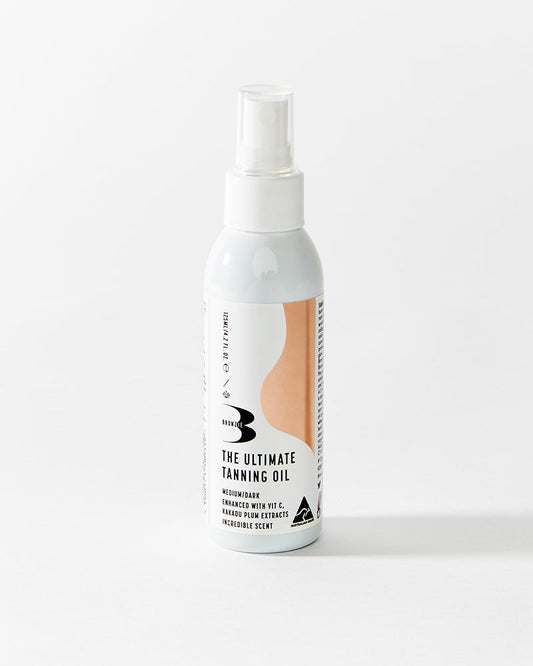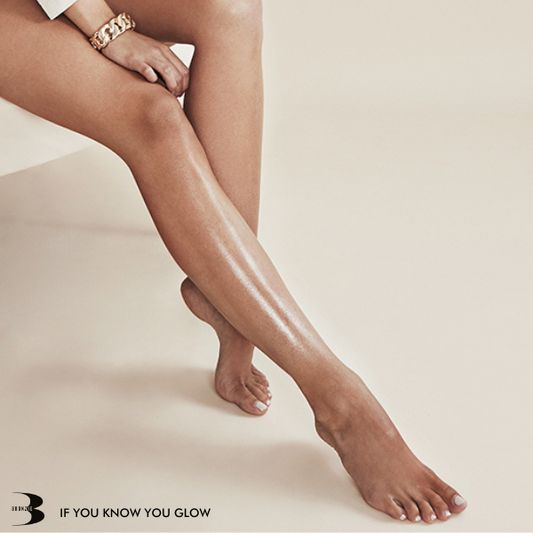With summer just around the corner, many of us are looking forward to spending more time in the sun and getting that coveted natural tan. But as we all know, not all tans are created equal. While some opt for a quick fix with a fake tan, others prefer to soak up the sun's rays for a more authentic glow. But how long do these tans actually last? Is a natural tan really longer lasting than a fake one? Let's dive into the science behind tanning and find out the truth about how long our tans really stick around.
Unveiling the Sun-Kissed Secret: What is a Natural Tan?
When we think of a natural tan, we envisage a sun-kissed glow that gives our skin a radiant and healthy look. But what exactly is a natural tan? Well, it's the result of our skin's natural response to UV radiation from the sun. When our skin is exposed to the sun, it produces a pigment called melanin, which gives us that golden tan.
Unlike a spray tan or a fake tan, a natural tan is the real deal. It's our body's way of protecting our skin from further damage by increasing melanin production. This is why a natural tan tends to last longer than a spray tan, which is only applied to the surface of the skin and can fade within a week.
So, if you're looking for a tan that will stick around for a while, opt for some fun in the sun and let your body work its natural magic.
Factors Affecting the Duration of Your Natural Tan
When it comes to the duration of your natural tan, there are a few factors that can affect how long it lasts. One of the main factors is your skin type. People with fairer skin tend to burn more easily and their tans may fade more quickly. On the other hand, those with darker skin tones may find that their tans last longer.
Another factor is the amount of time you spend in the sun. If you're only outside for
a short period of time, your tan may not develop as deeply and may fade more quickly. Conversely, if you spend a lot of time in the sun, your tan may last longer.
Additionally, your skincare routine can impact the duration of your tan. Using products with harsh ingredients or exfoliating too frequently can cause your tan to fade more quickly.
And lastly, if you choose to top up your tan with a spray tan, this can also affect the duration of your natural tan. Spray tans tend to fade within a week, so if you apply one over your natural tan, the overall longevity may be shortened.
The Life Cycle of a Tan: Understanding the Stages
Once you've achieved that beautiful sun-kissed glow, it's important to understand the life cycle of your tan to know how long it will last.
After sun exposure, your skin begins to produce melanin, which is responsible for the tan. This process can take up to 48 hours to fully develop. So, don't be discouraged if you don't see immediate results.
Once your tan has developed, it will be at its peak for about two weeks. This is when your skin will have the richest, most vibrant colour. However, after those two weeks, the tan will slowly start to fade. The rate at which it fades depends on various factors, including your skin type and the amount of sun exposure you receive.
To extend the life of your tan, it's important to moisturise your skin regularly and avoid excessive exfoliation. Also, remember to protect your skin from the sun to prevent further damage and premature fading.
Understanding the stages of your tan will help you make the most of your sun-kissed look and enjoy it for as long as possible.
Top Tips for Maintaining and Prolonging Your Sun-kissed Look
Once you've achieved that beautiful sun-kissed glow, you'll want to make it last as long as possible. Here are some top tips for maintaining and prolonging your sun-kissed look:
1. Moisturise, moisturise, moisturise: Keeping your skin hydrated is key to preserving your tan. Opt for a moisturiser that is specifically formulated for tanned skin to keep it looking radiant and prevent dryness.
2. Avoid harsh products: Harsh soaps and exfoliators can strip away your tan faster. Instead, opt for gentle cleansers and exfoliate sparingly, focusing on areas that may need some extra attention.
3. Protect your skin: To prevent further damage and premature fading, make sure to protect your skin from the sun's harmful rays. Wear sunscreen with a high SPF, seek shade during peak hours, and don't forget to wear a hat and sunglasses.
4. Stay hydrated: Drinking plenty of water not only keeps your skin hydrated but also helps maintain the longevity of your tan. Aim for at least 8 glasses a day to keep your skin looking healthy and glowing.
5. Take cool showers: Hot water can strip away your tan faster, so opt for cool showers instead. This will help maintain the moisture in your skin and prevent it from drying out.
By following these simple tips, you can make the most of your sun-kissed look and enjoy your tan for as long as possible.








